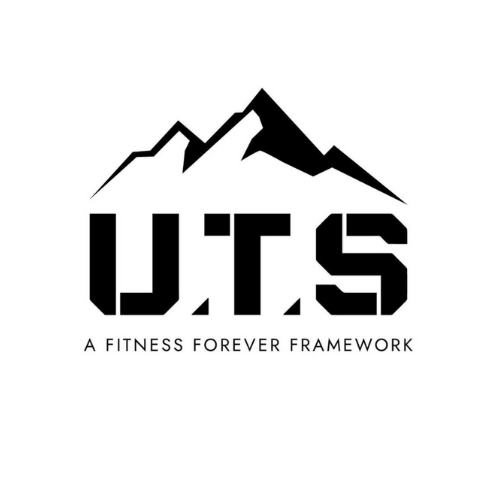Nutrition for the Young and Elderly: Meeting Unique Needs
Introduction
Nutrition advice isn't one-size-fits-all. It's crucial to understand that specific groups, like the young and elderly, have distinct nutritional needs. This article will delve into the dietary essentials for these two demographics without the jargon or fuss.
Nutritional Needs For The Young
Caloric Intake
Young individuals are growing and energetic. To fuel their development, they need adequate daily calories. For athletes, even more is required to support training and recovery. While calculating calories for adults is straightforward, it's trickier for the young. We consider age, gender, height, weight, activity level, and growth rate.
Refer to the Institute of Medicine's Dietary Reference Intakes (DRI) recommendations for a starting point. These guidelines estimate healthy children's daily energy intake based on various factors.
Example: A 10-year-old girl with an active lifestyle might need around 2071 calories daily.
Macronutrients
Once calorie needs are established, we need to consider macronutrient breakdown. Carbohydrates and protein are vital. The Institute of Medicine sets recommended daily allowances (RDA) for these nutrients based on age and gender.
Example: A 13-year-old boy should consume about 52 grams of protein daily.
As for fats, there's no fixed RDA. Instead, we rely on Acceptable Macronutrient Distribution Ranges (AMDR) for balanced guidance.
Example: Kids aged 4-18 should aim for 25-35% of their daily energy intake from fats.
Micronutrients
Most micronutrients come from fruits and vegetables. Encourage young ones to consume these for optimal growth and development. If deficiencies are suspected, consider a multivitamin after consulting a physician.
Example: Calcium and iron are often deficient in active children. Dairy, fruits, vegetables, and meat can help. Check DRI recommendations.
Nutritional Needs For Older People
Energy Requirements
As people age, their daily energy needs decrease due to reduced activity and muscle mass. Maintaining muscle mass through activities like weight training can offset this decline. There are no set RDIs for older adults, so the BMR x activity level formula is a reasonable estimate.
Example: A moderately active 70-year-old woman might require around 1600-1800 calories daily.
Macronutrients
Like with energy, there are no separate guidelines for macronutrient intake in older adults. Focus on a balanced diet with high-quality foods. Research suggests that 0.8g of protein per kg of body weight can maintain muscle mass in more senior "weight trainers."
Example: A 70-year-old man weighing 70kg might aim for 56 grams of protein daily.
Micronutrients
Vitamin D and calcium are crucial for bone health in the elderly. Deficiencies are common, so consider supplements after consulting a healthcare provider.
Example: A 60-year-old man may need 600 IU (15 ug) of vitamin D and 1200 mg of calcium daily.
Hydration
Aging impacts thirst mechanisms, making older adults prone to dehydration. Proper hydration is especially crucial for those engaging in physical activities. If hypernatremia (excessive sodium levels) occurs, replace lost fluids.
Example: Encourage older adults to drink water regularly, even if they don't feel thirsty.
Summary
Whether young or old, good nutrition is fundamental for overall health and well-being. Tailoring dietary choices to individual needs is essential. So, let's remember: there's no age limit on the importance of a balanced diet.
Share your thoughts in the comments! What are your questions or experiences with nutrition for the young and elderly?
